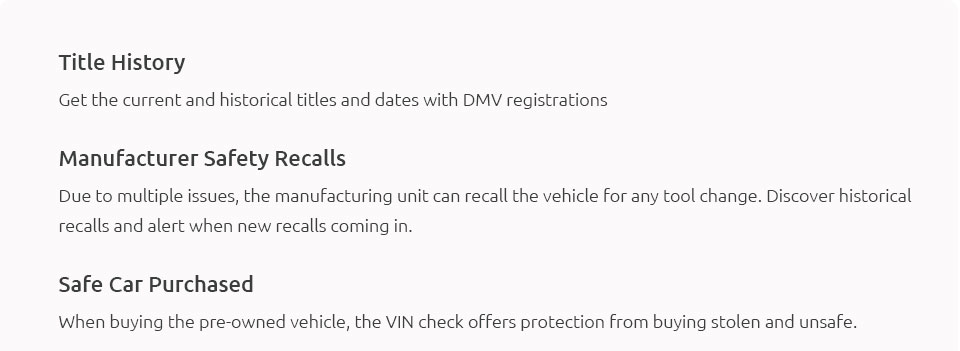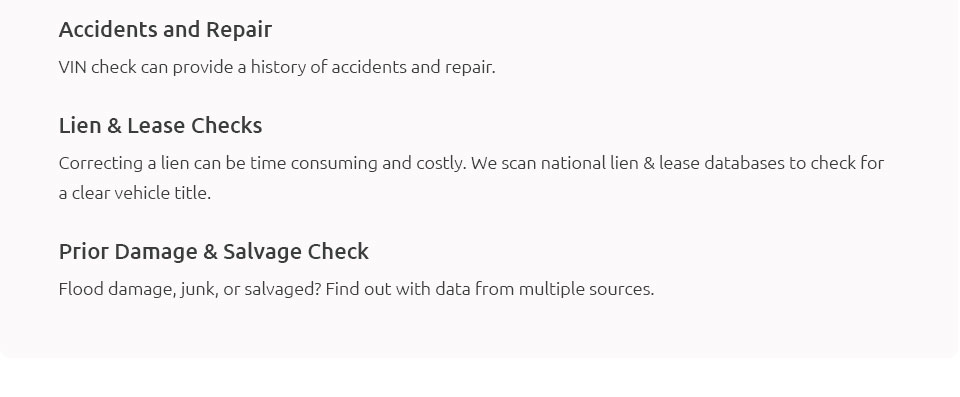 |
 |
 |
 |
 |
||
 |
 |
|
 |
 |
|
 |
 |
 |
 |
||
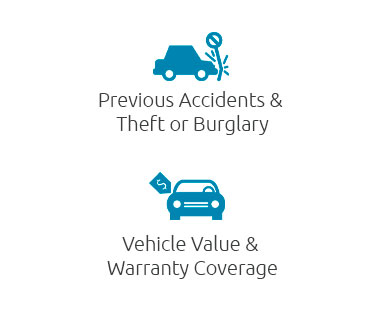 |
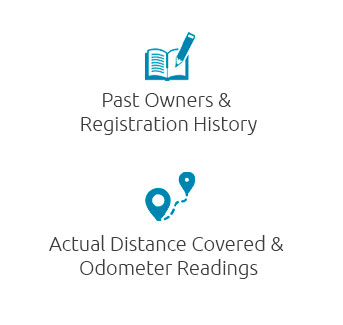 |
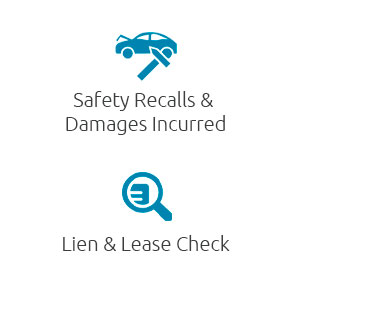 |
 |
 |
 |
||||
|
||||
 |
 |
Exploring VIN Search in Texas: A Comprehensive GuideIn the sprawling state of Texas, where vast landscapes stretch as far as the eye can see, owning a vehicle is not just a luxury but a necessity. Whether you're in bustling cities like Houston and Dallas or the more serene locales of Hill Country, the need for reliable transportation is paramount. One crucial aspect of buying or selling a vehicle in Texas is understanding the importance of a VIN search. Vehicle Identification Numbers (VIN) serve as the automotive equivalent of a fingerprint, unique to each vehicle and critical for uncovering its history. The VIN is a 17-character alphanumeric code that provides a wealth of information about a vehicle's background, from its make and model to its accident history and ownership records. This article delves into the significance of performing a VIN search in Texas, offering insights into the best practices and reliable resources available. The first step in a VIN search is understanding what it entails and why it's essential. A VIN search can unveil a vehicle's past, including any reported accidents, title changes, or recalls. This information is invaluable for both buyers and sellers. Buyers can make informed decisions by ensuring the vehicle they're considering is free from hidden issues, while sellers can provide transparency to potential buyers, enhancing trust and potentially speeding up the sale process. In Texas, where used car sales are booming, a VIN search can be the difference between a satisfactory purchase and a costly mistake. Where to Conduct a VIN Search in Texas? Several resources are available for conducting a VIN search, each offering varying degrees of information and reliability. National Motor Vehicle Title Information System (NMVTIS) is a government-backed resource that provides comprehensive title information. While it offers some insights into a vehicle's history, it might not cover every aspect, especially if the vehicle has been in multiple states. For a more detailed report, many Texans turn to private services like Carfax or AutoCheck, which often provide in-depth reports that include accident history, service records, and more. These services, while not free, offer a level of detail that can save money and headaches in the long run. Another avenue is the Texas Department of Motor Vehicles (TxDMV), which offers its own resources for VIN verification. Their website allows users to check title and registration status, providing a basic overview of a vehicle's legitimacy. However, for those seeking a full picture, combining TxDMV information with private services might be the best approach.
In conclusion, performing a VIN search in Texas is not just a recommended practice but a critical step in the vehicle buying or selling process. With a multitude of resources at one's disposal, taking the time to thoroughly investigate a vehicle's history can lead to more informed decisions, safeguarding against potential pitfalls. As the saying goes, 'Knowledge is power,' and when it comes to VIN searches in the Lone Star State, this adage rings particularly true. https://epicvin.com/vin-check-by-state/texas
VIN Lookup by License Plate in Texas. Enter any license plate number into the Texas License Plate Lookup to receive access to public databases and vehicle ... https://permit.txdmv.gov/Permit/VTPermit/agree
Copyright 2017 Texas Department of Motor Vehicles - 4000 Jackson Ave, Austin, TX 78731. https://www.iseecars.com/vin/texas
Try our comprehensive Texas VIN checks to get all of the answers you need, make an informed decision and have peace of mind.
|

